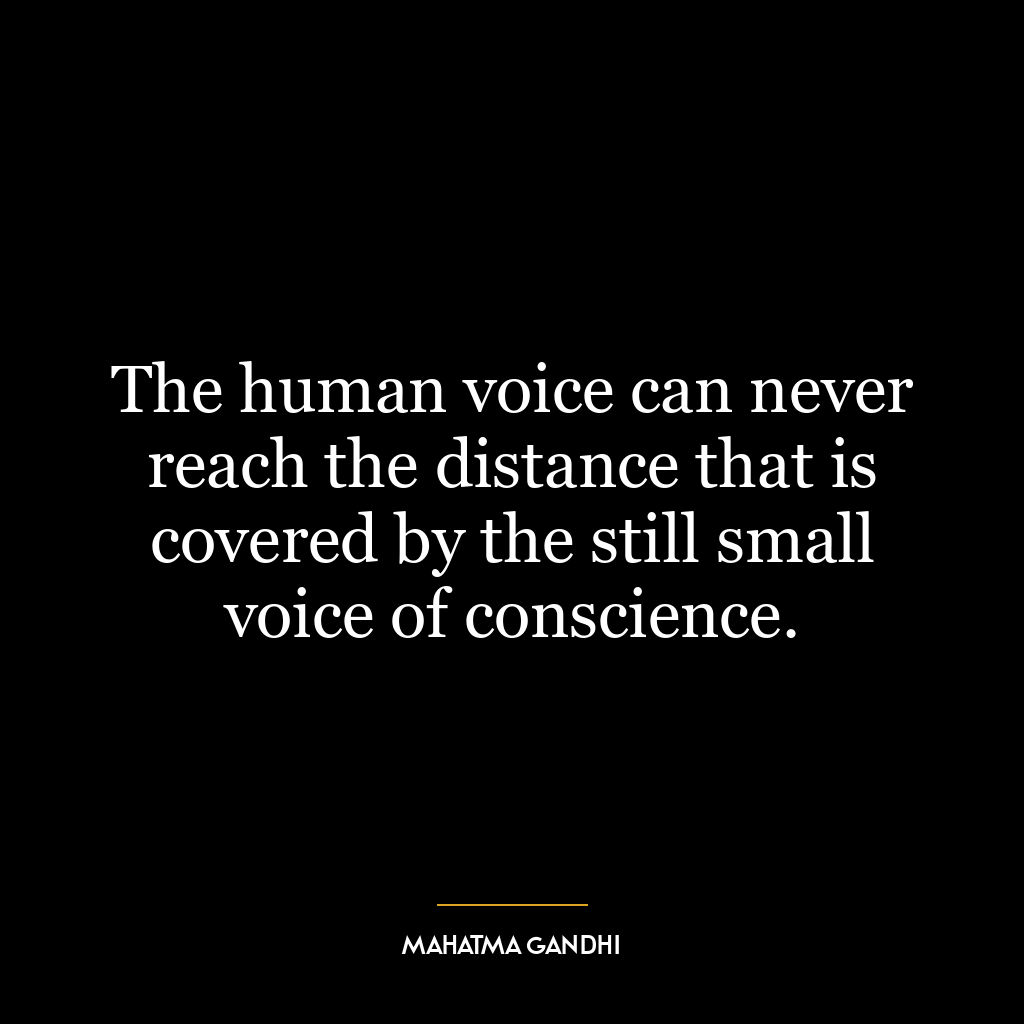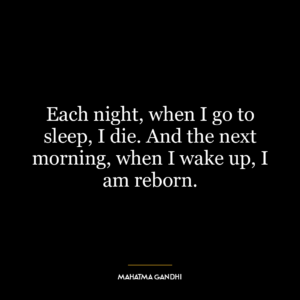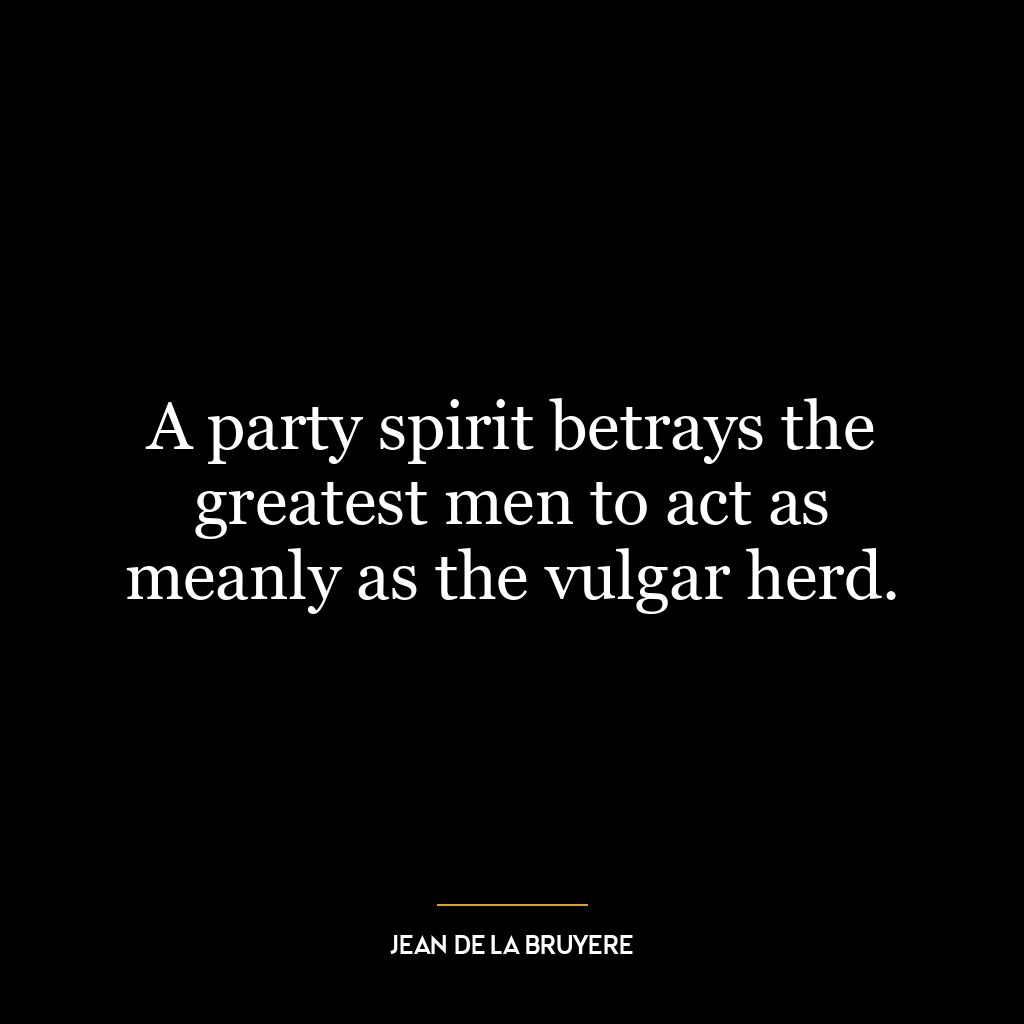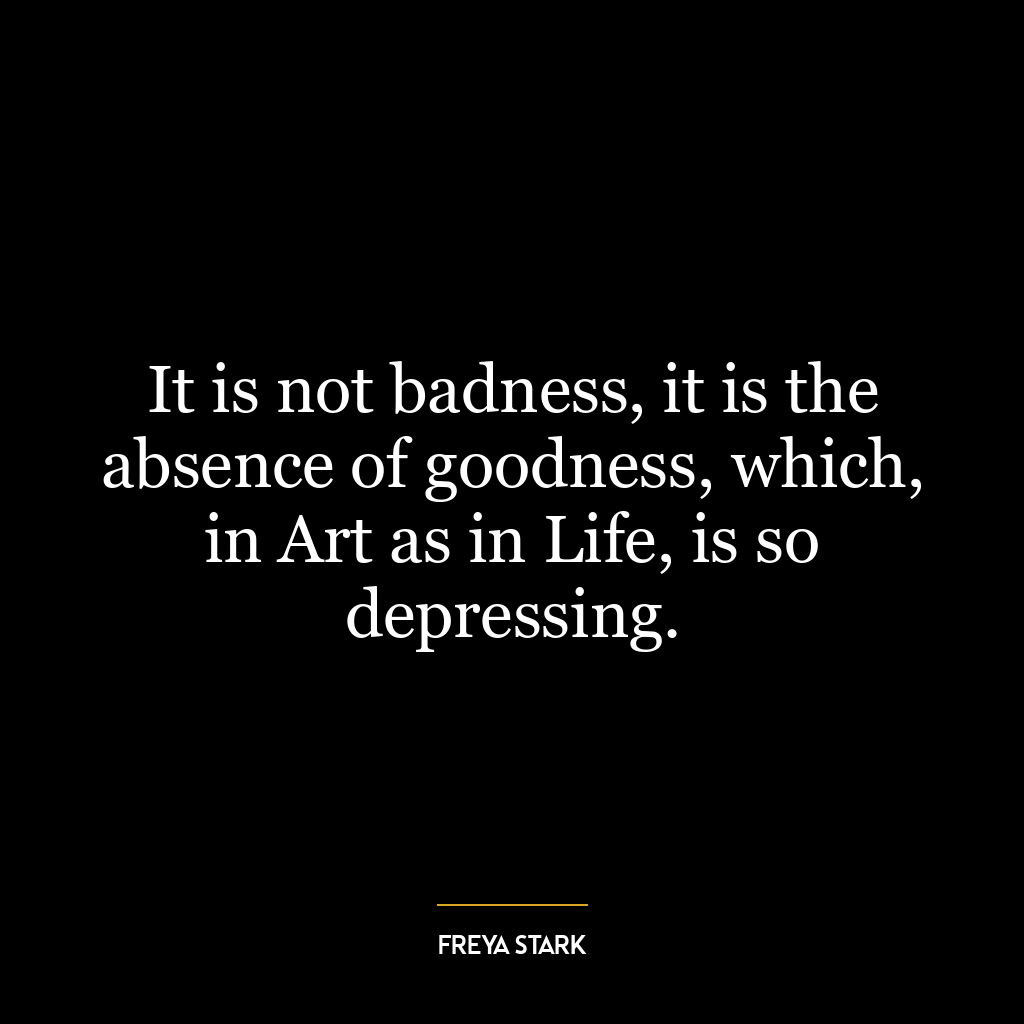The human voice can never reach the distance that is covered by the still small voice of conscience.
This quote suggests that the voice of conscience, or our inner moral compass, has a far greater reach and impact than our spoken words. While the human voice is bound by physical limitations and can only be heard by those within a certain radius, the voice of conscience transcends these boundaries. It speaks to us internally, guiding our thoughts, actions, and decisions. It can influence us more deeply and profoundly than any external voice. Even when we are alone, our conscience continues to guide us, highlighting its omnipresence and power.
The “still small voice” is a metaphor for the quiet, yet persistent nature of our conscience. Despite being silent and unnoticeable at times, it is always there, whispering the difference between right and wrong. Unlike the human voice, which can be loud and demanding, the voice of conscience is subtle and requires introspection to be heard clearly.
In today’s world, this idea holds significant relevance. We are constantly bombarded with information, opinions, and voices telling us what to do and how to think. In such an environment, it’s easy to lose touch with our inner voice. However, it’s crucial to remember that our conscience, if we listen to it, can guide us towards decisions that align with our values and principles.
In terms of personal development, the concept encourages us to cultivate a strong relationship with our conscience. By regularly introspecting and paying attention to this “still small voice”, we can develop a better understanding of our values, beliefs, and the kind of person we want to be. It can help us make decisions that we can stand by, even in the face of opposition or adversity. It also fosters authenticity, as being in tune with our conscience means being true to ourselves, rather than being influenced by external voices or societal pressures.









